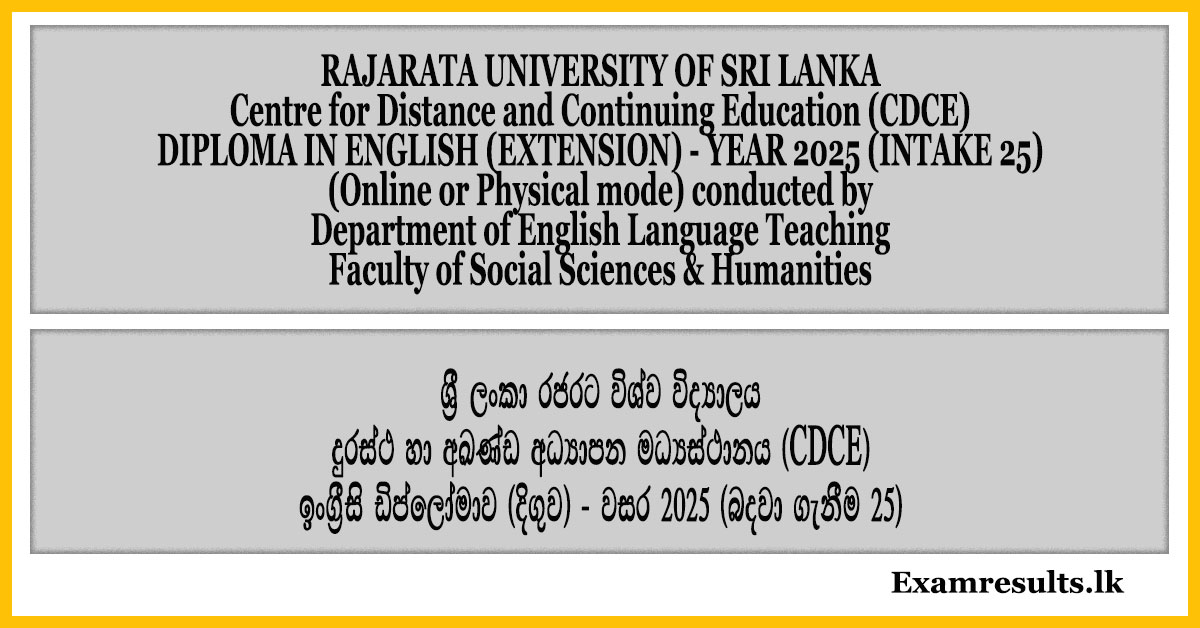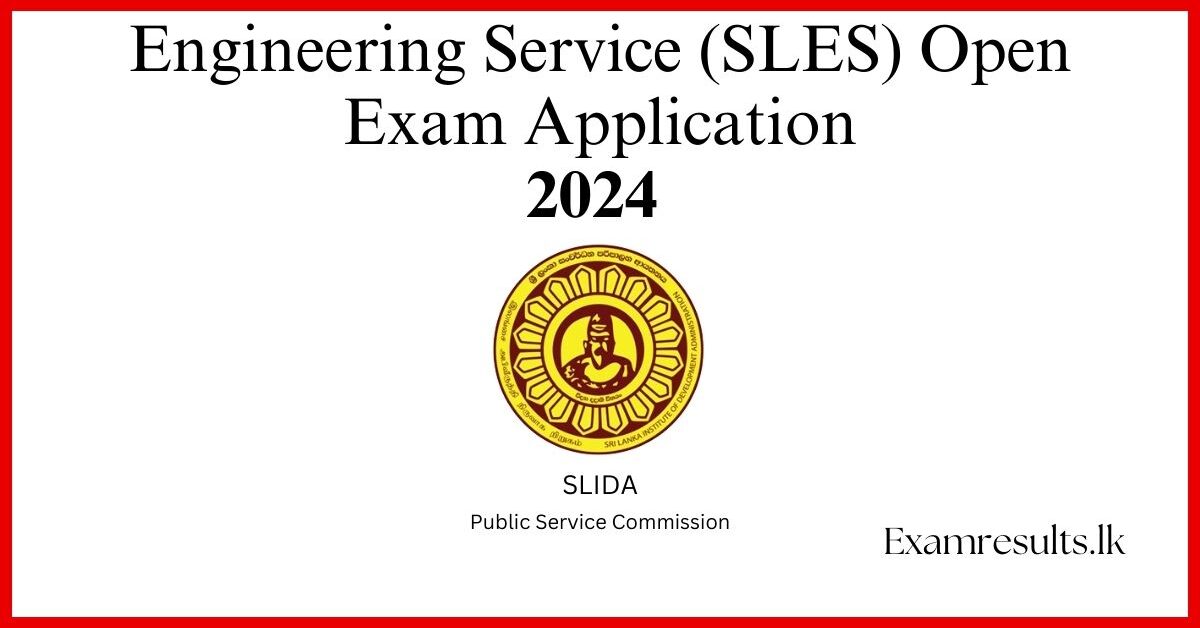Test Assessment Strategies for Teachers: Enhancing Educational Excellence
Explore a comprehensive guide on test assessment strategies for teachers. Learn how to create impactful assessments, foster student growth, and optimize the learning experience. Discover expert insights and best practices to enhance educational excellence.
Introduction
In the realm of education, the role of teachers goes beyond imparting knowledge; it involves shaping young minds, fostering growth, and preparing students for the future.
One crucial aspect of this journey is test assessment strategies. Crafting effective assessments not only evaluates students’ understanding but also fuels their learning progress.

In this article, we delve into the world of test assessment strategies for teachers, providing a roadmap to elevate educational excellence. From understanding the importance of assessments to implementing innovative techniques, we’ve got you covered.
Test Assessment Strategies for Teachers: A Closer Look
Assessments, often viewed as a means of evaluation, serve a more profound purpose. They offer insights into students’ comprehension, helping educators tailor their teaching methods and address individual needs.
Let’s explore various aspects of effective test assessment strategies for teachers:
Importance of Assessments in Education
Assessments are the compass guiding educators on the effectiveness of their teaching methodologies. They provide a clear picture of students’ strengths and areas that need improvement.
By analyzing assessment results, teachers can identify patterns, adjust their curriculum, and create a more personalized learning experience.
The Power of Formative Assessments
Formative assessments are an invaluable tool that promotes active learning. By integrating quizzes, discussions, and interactive activities, teachers can gauge students’ understanding in real-time.
These ongoing assessments empower educators to adapt their teaching strategies on the fly, fostering a dynamic and responsive classroom environment.
Designing Authentic Assessments
Authentic assessments mirror real-world scenarios, evaluating not only knowledge but also practical application. By assigning projects, case studies, or simulations, teachers encourage critical thinking and problem-solving skills.
This approach nurtures a holistic understanding of the subject matter.
Embracing Diverse Assessment Methods
Variety is key when it comes to assessments. Teachers should employ a mix of methods such as multiple-choice questions, essays, presentations, and hands-on tasks.
Diverse assessment formats accommodate different learning styles, ensuring every student has a chance to shine.
Effective Feedback Mechanisms
Timely and constructive feedback is the cornerstone of growth. Teachers should provide detailed feedback that highlights areas of improvement while acknowledging accomplishments.
This cultivates a growth mindset among students, motivating them to strive for excellence.
Leveraging Technology for Assessments
Incorporating technology in assessments can revolutionize the learning experience. Online quizzes, interactive platforms, and digital simulations engage tech-savvy students and prepare them for the digital landscape of the future.
Catering to Individual Learning Pace
Students have varying learning paces. Differentiating assessments based on students’ abilities ensures that everyone progresses at their optimal speed. This prevents feelings of frustration and encourages a sense of accomplishment.
Encouraging Self-Assessment and Reflection
Teaching students to self-assess and reflect on their learning journey fosters metacognition. When students evaluate their own understanding, they become active participants in their education.
Collaborative Assessments for Enhanced Learning
Collaborative assessments promote teamwork and communication skills. Group projects and peer evaluations encourage students to learn from each other and collectively achieve objectives.
Overcoming Test Anxiety
Test anxiety can hinder students’ performance. Teachers can implement relaxation techniques, create low-stakes assessments, and establish a supportive classroom atmosphere to alleviate this anxiety.
Cultivating Critical Analysis
Assessments should go beyond memorization. Encouraging critical analysis through open-ended questions and problem-solving tasks nurtures analytical thinking and a deeper understanding of the subject.
Continuous Improvement through Data Analysis
Assessment data provides valuable insights. Teachers should regularly analyze this data to identify trends, adjust teaching methods, and drive continuous improvement in their classrooms.
Personalized Learning Pathways
Tailoring assessments to individual students’ strengths and interests fosters engagement and motivation. Personalized assessments empower students to take ownership of their learning journey.
FAQs
Q: How do formative assessments differ from summative assessments? A: Formative assessments are ongoing evaluations during the learning process, providing real-time feedback. Summative assessments are conducted at the end of a learning period to gauge overall understanding.
Q: What role does peer assessment play in effective test assessment strategies? A: Peer assessment encourages students to evaluate their peers’ work, promoting critical thinking, communication skills, and a deeper understanding of the subject.
Q: How can technology-enhanced assessments benefit students? A: Technology-enhanced assessments offer interactive and engaging formats that resonate with tech-savvy students, preparing them for the digital future while providing instant feedback.
Q: What is the significance of self-assessment in a student’s educational journey? A: Self-assessment cultivates metacognition, enabling students to reflect on their learning progress, identify areas for improvement, and take responsibility for their education.
Q: How can teachers address test anxiety among students? A: Teachers can employ relaxation techniques, create low-stakes assessments, and foster a supportive classroom environment to alleviate test anxiety.
Q: Why is continuous data analysis essential for effective teaching? A: Continuous data analysis allows teachers to identify trends, tailor their teaching methods, and ensure a dynamic and effective classroom environment.
Conclusion
In the realm of education, effective test assessment strategies hold the key to unlocking students’ potential. By understanding the diverse methods, embracing technology, and fostering personalized learning, teachers can create an environment where students thrive.
Assessments are not just a means of evaluation; they are tools for empowerment, growth, and educational excellence.
So, whether you’re a seasoned educator or embarking on your teaching journey, remember that the right assessment strategies pave the way for a brighter and more informed future.



